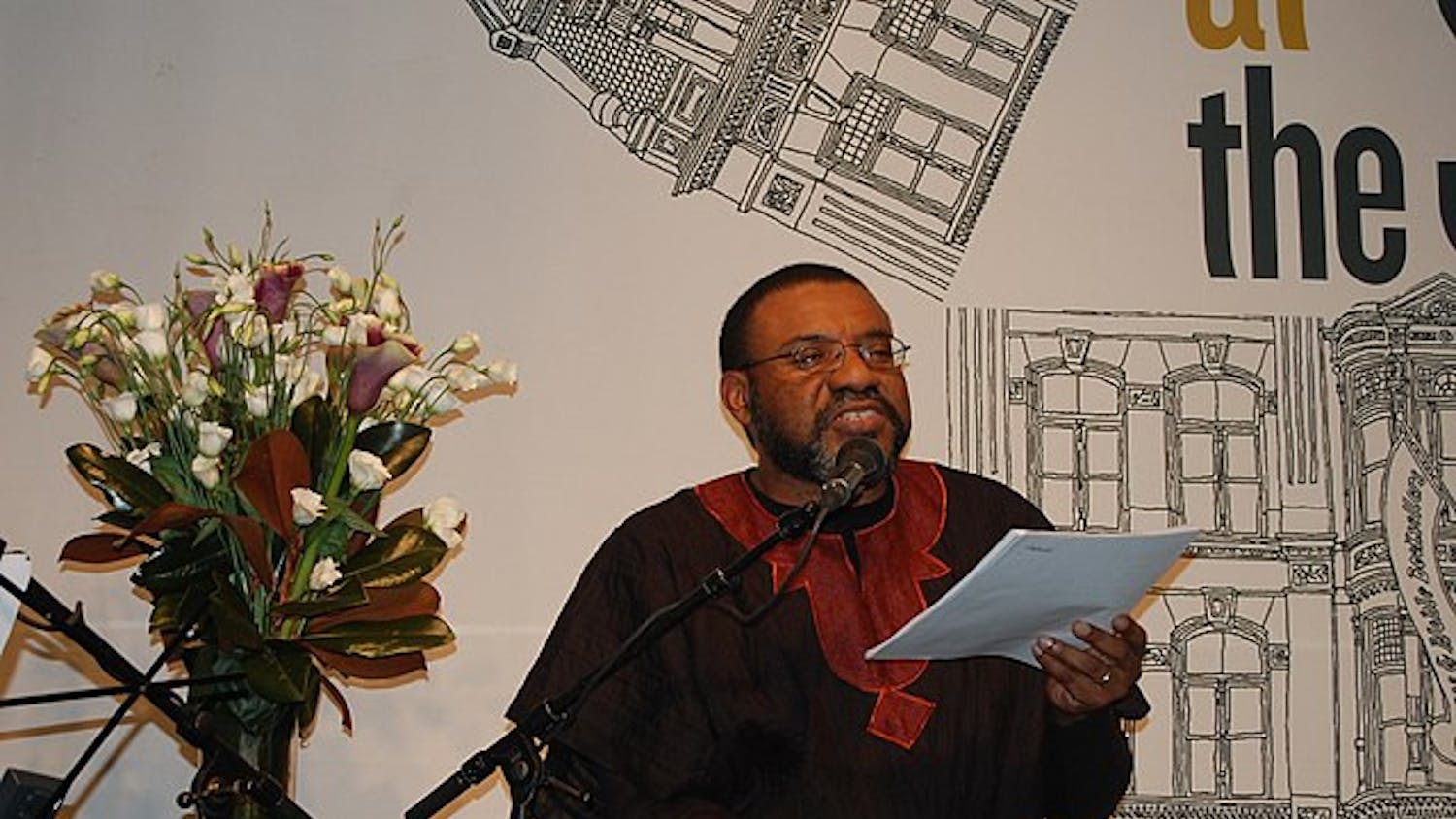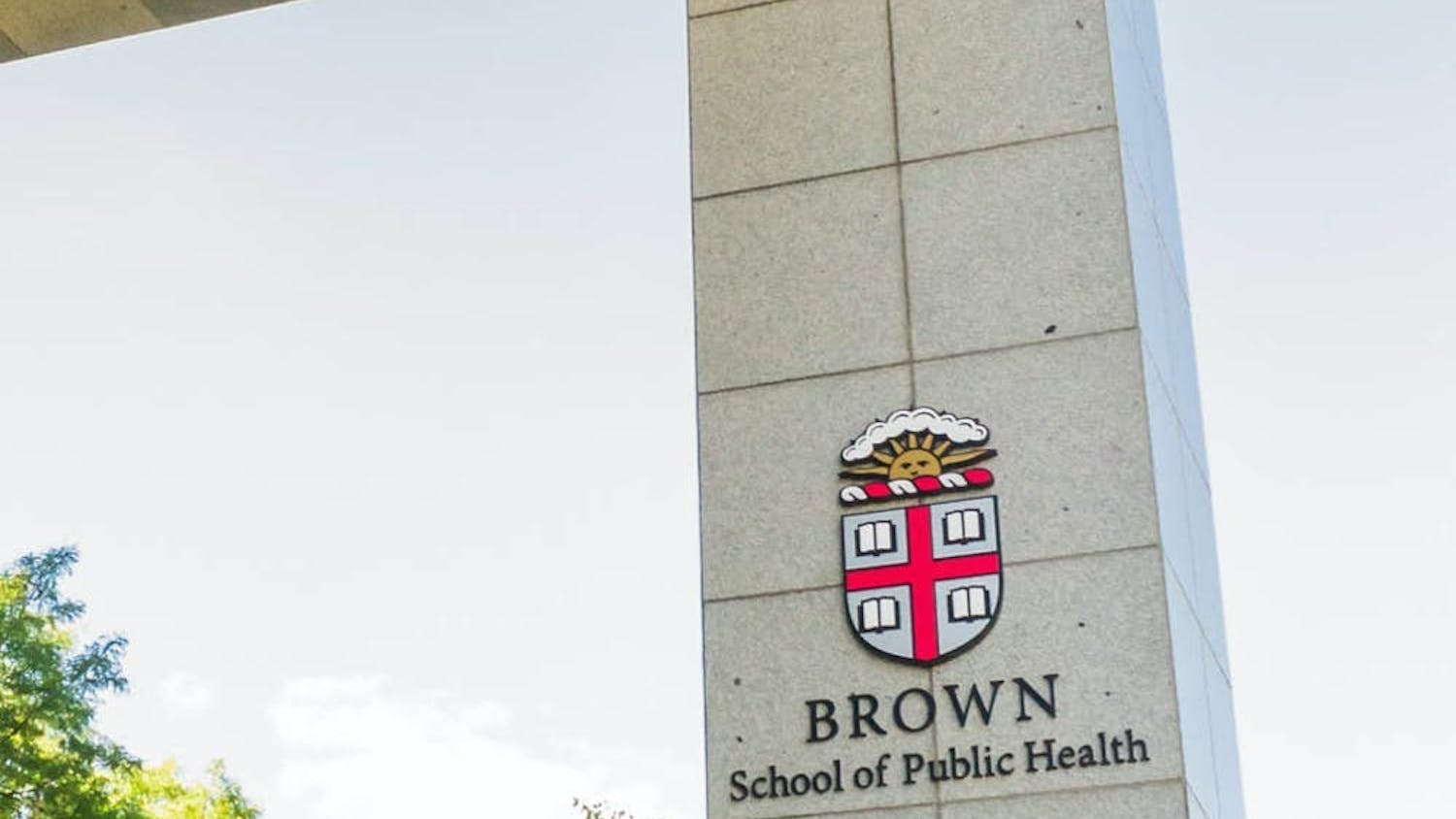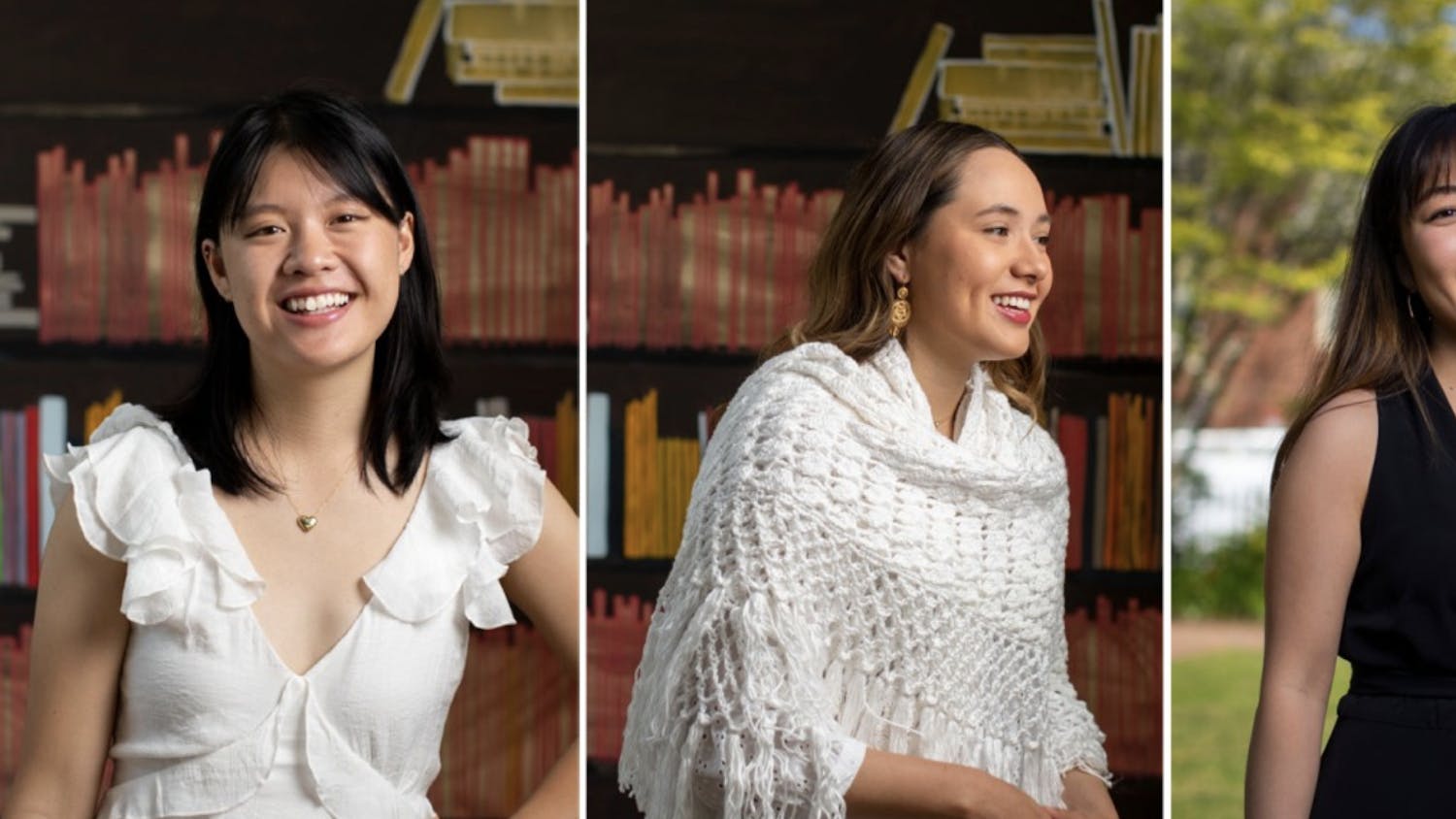In just a few weeks, 12 students will be standing in the middle of a Greek colonial site — Empúries — founded in 575 B.C. in Spain, where they will examine artifacts as part of their fieldwork, said Peter Van Dommelen, professor of archaeology and anthropology.
During reading period, the members of ARCH 1155: “Cities, Colonies and Global Networks in the Western Mediterranean” will travel to Spain with the support of a grant from the Global Experiential Learning and Teaching program. Now in its third year, the GELT program is funding several trips in the spring 2016 and fall 2016 semesters. It is currently accepting applications for trips that will be taken in the next calendar year, said Besenia Rodriguez, associate dean for the curriculum.
Faculty members may apply for one of two types of grants from the GELT program, Rodriguez said. Phase I grants provide up to $4,000 for a professor intending to use the trip to develop a new course, she said. Phase II grants provide up to $35,000 for the travel expenses of a professor and a class of 12 students, she added.
These proposals are judged by a committee of five faculty members and administrators who “consider the strength of the proposal in light of the faculty member’s connections to the host country … and how well integrated the international travel is to the actual learning goals of the course,” Rodriguez said.
Caroline Frank, visiting assistant professor of American studies, was awarded a Phase I grant to develop a course called “Collecting Culture: Indigenous Artifacts in North America and Taiwan,” with the objective of taking her students to Taiwan in spring 2017, according to an online announcement from the Office of Global Engagement.
During the fall semester, RELS 1442: “The History, Philosophy and Practice of Rinzai Zen Buddhism” will prepare for a trip to Japan over winter break, Rodriguez wrote in an email to The Herald. A class titled “Displacement and Refugees in the Middle East” taught by Sarah Tobin, associate director of the Middle East Studies program, was also awarded a GELT grant for a trip to Jordan in the fall, but it has been postponed to a later date, she added.
“Cities, Colonies and Global Networks” was one of three winners of Phase II grants. Despite close interactions with students at the Pompeu Fabra University in Barcelona, the course does not have a language requirement because it is conducted entirely in English at both schools, he said. At Empúries, students will have the opportunity to visit a museum and directly handle storeroom artifacts with the guidance of museum officials, Van Dommelen said. Students interested in housing may tour excavated sites and walk much closer to the structures than general tourists are allowed to do, he said.
Students in HIAA 1850H: “Berlin: Architecture, Politics and Memory” also visited Berlin over spring break, but the trip was not supported by a GELT grant because the program’s former policy prevented professors from applying in consecutive years, said Dietrich Neumann, professor of history of art and architecture. Instead, the class traveled this year with MUSC 1675: “Music, Religion, Politics,” and both trips were funded by the Arts Initiative and the Hornig Fund for student travel, wrote Michael Steinberg, vice provost of the arts and professor of history and music, in an email to The Herald.
Now that the grant’s policies have changed to allow professors to apply for a GELT grant every year, Neumann is submitting a proposal for a third trip to the German capital, ideally for a class that will be held during the 2016-2017 winter term, he said. “Since the city has had such a dramatic history, there are memorials to the Holocaust, the building of the wall, German reunification, Prussia and individual events, like the Nazi book burning,” Neumann said. “We went to these places to see how they commemorate the events and discuss if they are successful or not.”
But not all GELT proposals win a grant. While it may be difficult to decide which proposals to accept or reject, some of the committee’s decisions may raise questions about consistency and how the committee deems one trip more essential to a course than another.
Erika Edwards, associate professor of ecology and evolutionary biology, submitted a proposal for supplemental funding from the GELT program to take students in her class BIOL 1585: “The Biology of Desert Plants” to Peru over spring break, she said. Costs of living in Peru were already covered by a grant from the National Science Foundation, and Edwards sought additional funding for the students’ plane tickets, she said.
The committee rejected the proposal. Edwards received an email with feedback that while the committee found the proposal “engaging,” “two of the reviewers were unclear as to why travel to Peru was essential.”
“The committee also expressed reservations that there was no language requirement, which would impede the experiential learning component for the students,” the email continued.
Edwards was surprised by the outcome, considering the trip was already mostly funded by the NSF and had already been through a rigorous review process, she said.
As a recipient of a grant during the 2014-2015 academic year, Neumann was also tapped to serve on the review committee for trips taken this year, he said. When considering language requirements, the committee took into account the English fluency of locals in the destination, Neumann said. Traveling to a country in which fewer people speak English would make a language requirement more important than traveling to a European country in which much of the population knows English, he said.
“The committee is more about helping whoever applies create the best possible experience for the students,” Neumann said, adding that an applicant who is rejected will use the feedback from the committee to improve the proposed itinerary.
Despite the setback, Edwards consulted Katherine Smith, associate dean of biology, and eventually found additional funding for the trip through the biology department and the Institute at Brown for Environment and Society, she said. The class joined eight other students from universities around Peru and collected samples along an elevation gradient, including parts of the Atacama Desert — the driest place on earth — to analyze how plants with different photosynthetic systems are sorted in the environment, she added.
Though the committee’s decision not to fund the trip this time was disappointing, Edwards said she understands that resources are limited and that rejection is a part of the grant process. The decision will not deter her from applying for future GELT grants, she added.
Regardless of the results of the committee’s review, faculty members agree that the GELT program provides necessary funding for trips that are deeply enriching experiences for students.
“As archaeologists, we deal with material culture,” Van Dommelen said. “We depend very heavily on slides and Power Points and only the images of the material culture. To actually be able to go somewhere and handle the material culture directly and engage with it … it adds an important dimension to the whole experience.”
“You can’t appreciate the desert without having been there,” Edwards said. “Some of the papers we read kept talking about the differences between arid and hyperarid areas. I remember there was this moment (when we got) down to the coast, which is the really hyperarid zone, and one of the students (said), ‘Okay, now I get it!’ There’s really almost nothing that grows there.”
“You move around the city and walk to the sites, and you will understand them in an entirely different way,” Neumann said. “You get a sense of the surrounding urban fabric. It’s the best way of understanding art and architecture.”




